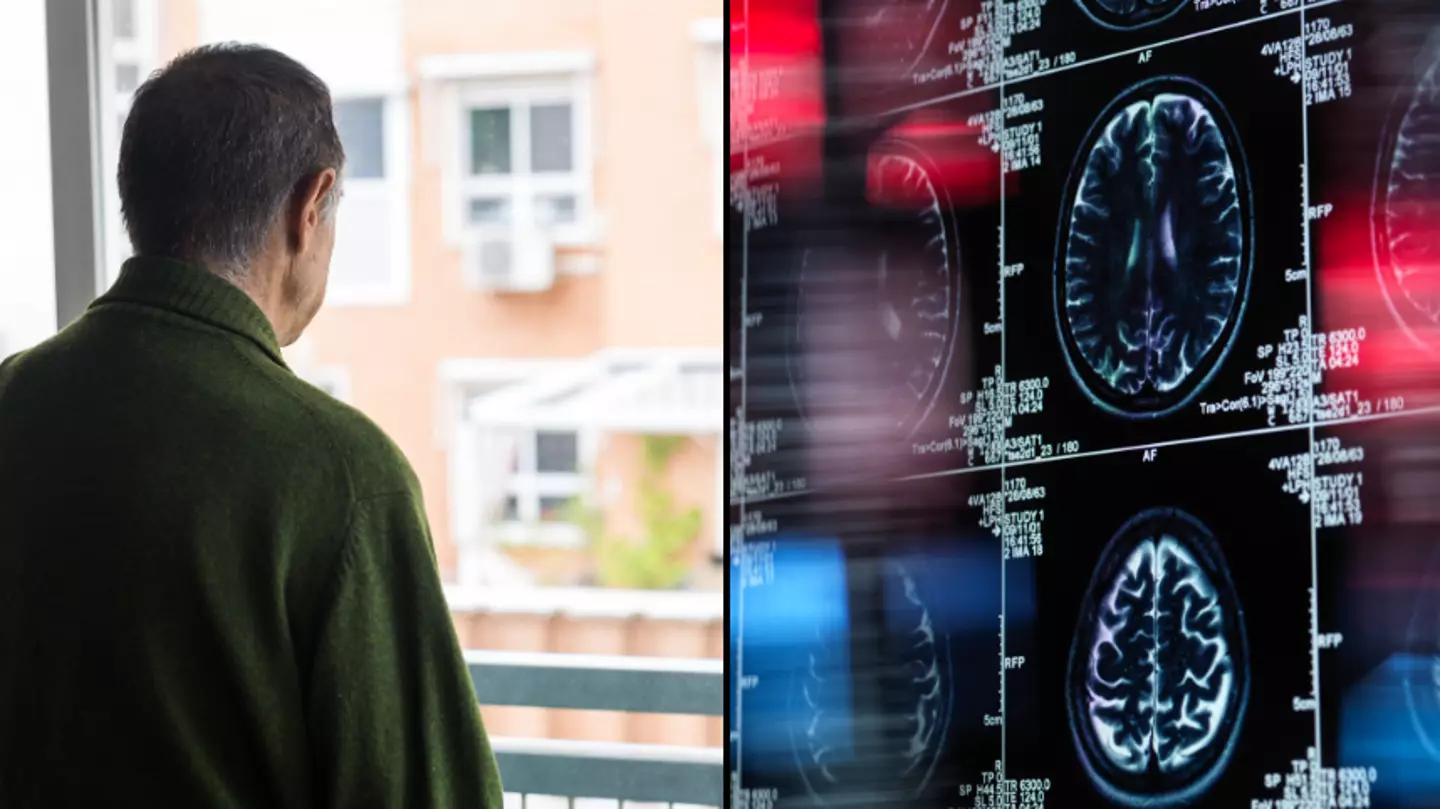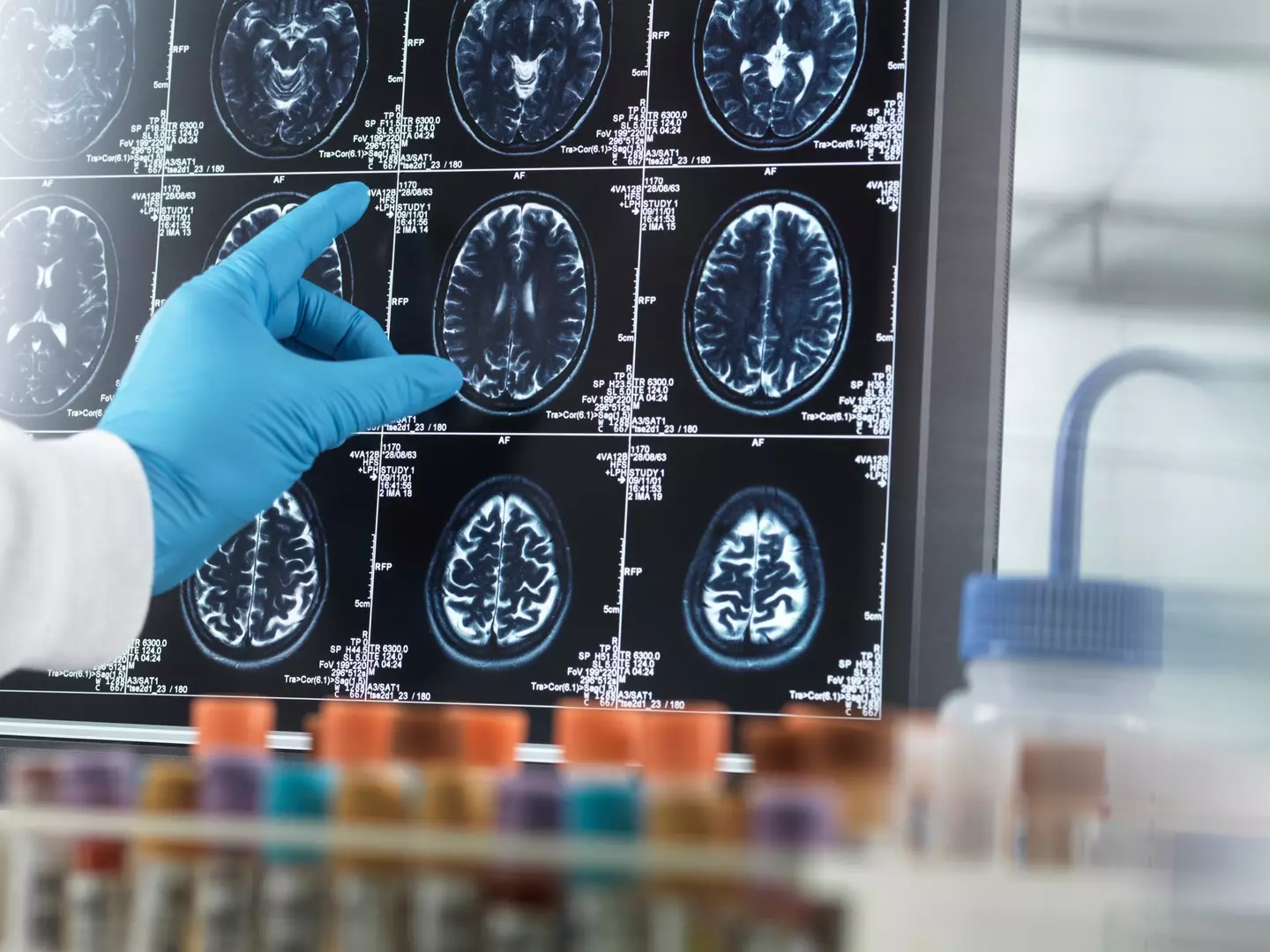
A dementia expert has revealed there are two sets of questions that can help confirm a suspected diagnosis.
Memory loss can be incredibly worrying and while there are lots of different reasons why a person may experience a lapse in memory, it's always worth seeking medical advice if it starts becoming a problem.

There are currently more than 944,000 people in the UK who have dementia, and one in 11 people over the age of 65.
Advert
It is thought that by 2030, the number of people with dementia in the UK will be more than one million.
According to the NHS, dementia isn't always about memory loss. It explains that other symptoms include problems with: thinking speed; mental sharpness and quickness; language, such as using words incorrectly, or trouble speaking; understanding; judgement; mood; movement and difficulties doing daily activities.
In his book, How To Prevent Dementia, neurologist Dr Richard Restak explained there are two sets of questions that can be used to detect the beginning of Alzheimer's or other dementia.
Dr Restak said that as we reach adulthood, 'our behaviour has taken on a regularity'.
“Alzheimer’s and other dementias represent perturbations in that regularity and predictability,” he wrote.
Advert

1. Does the person show a change in their usual demeanour? Is the person displaying a recent onset of memory difficulty? Do they show a notable change in their usual behaviour?
Dr Restak explains that any behaviour that's particularly unusual and out of the ordinary can be suspicious.
"Most people by adulthood have established a distinct behavioural repertoire," he explained.
2. If the answer to any of the prior questions is yes, does that change in behaviour interfere with daily living, especially relationships with others?
Dr Restak said that aggressive behaviour in particular rarely increases with age.
Advert
“Repetitive and emotionally excessive expressions (shouting or even more aggressive behaviour, including physical outbursts) rarely increase in frequency during normal ageing,” he explained.
But in dementia, this can be frequent.

If you answered 'yes' to either of these questions, it might be worth scheduling a trip to see your doctor for a check up.
The NHS explains: "Although there is no cure for dementia at the moment, an early diagnosis means its progress can be slowed down in some cases, so the person may be able to maintain their mental function for longer.
Advert
"A diagnosis helps people with dementia get the right treatment and support. It can also help them, and the people close to them, to prepare for the future."
